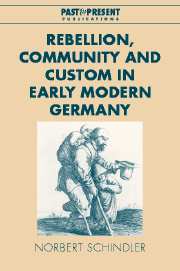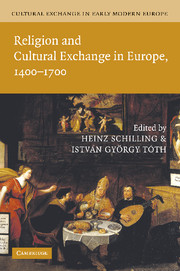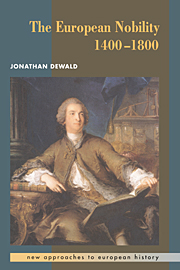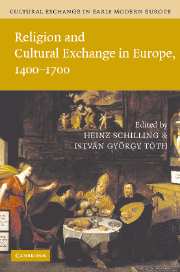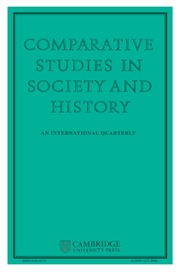Making Merchants
Using a rare collection of personal narratives written by successful merchants in early modern German-speaking Europe, this study examines how such men understood their role in commerce and in society more generally. As they told it, their honor was based not just on riches won in long-distance trade but, more fundamentally, on their comportment both in the marketplace and in society. These men described their experiences as husbands and fathers, as civic leaders, as men who 'lived nobly,' or as practitioners of their faith. They did not, however, seek to obscure their role as merchants. Rather, they built on it to construct a class identity that allowed them entry into the period's moral economy. Martha C. Howell disrupts linear histories of capitalism and modernity, demonstrating how the model of mercantile honor these merchants fashioned would live beyond the early modern centuries, providing later capitalists with a narrative about their own self-worth.
- Disturbs established ideas about the nature and development of capitalism in early modern Europe
- Demonstrates the shift in commerce from the Mediterranean to the Atlantic in the early modern period
- Reveals how commerce and commercial life were deeply imbedded in the larger culture of Renaissance society
Product details
November 2025Paperback
9781009647687
280 pages
229 × 152 mm
Not yet published - available from November 2025
Table of Contents
- List of Figures
- Acknowledgements
- Note on Currencies and Monetary Values
- Introduction
- Part I. The Selbstzeugnisse in Context:
- 1. The Historiographical Context
- 2. The Sociocultural Context
- 3. The Problem of Merchants' Self-perception
- Part II. The Merchants' Selbstzeugnisse:
- 4. The Selbstzeugnisse at the Center of this Study
- 5. Mercantile Honor/Dishonor
- 6. Merchants and the Urban Political Elite
- 7. Living 'Noblement'
- 8. Family
- 9. Faith
- Part III. Merchants in the Round:
- 10. Renaissance Men
- 11. The Performance of Manhood
- 12. Capitalism and Class
- Bibliography
- Index.


